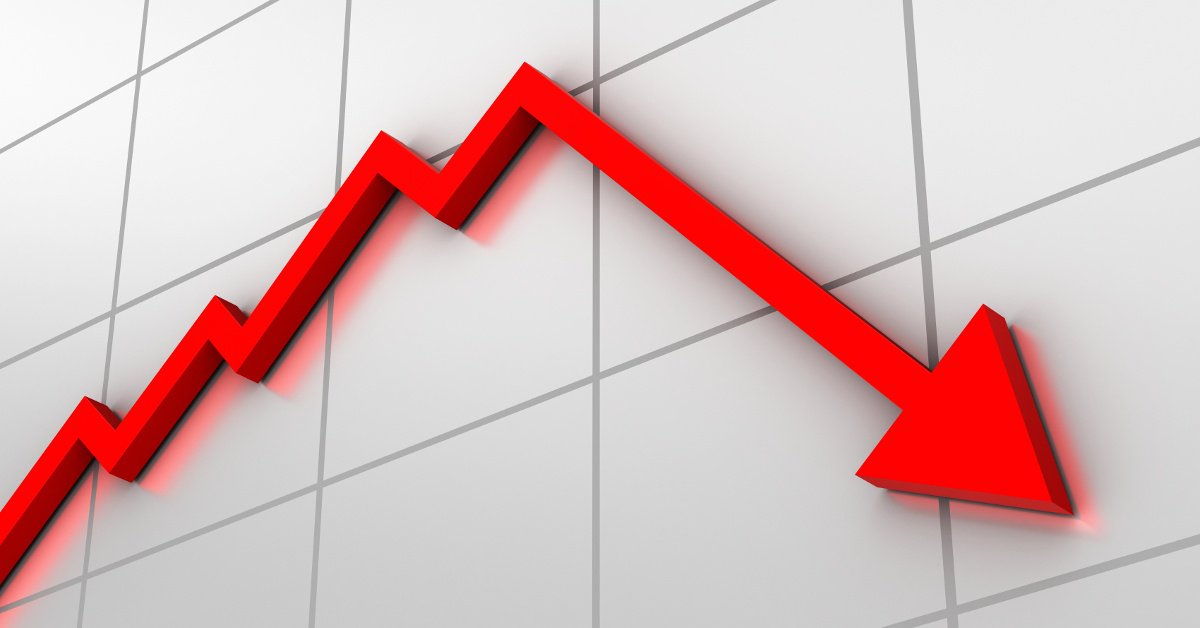The New York Fed latest Survey of Consumer Expectations suggests that consumer confidence is weakening with respect to the national economy.
The survey asks consumers about their outlook for key conditions including earnings, income growth, home prices, household finances, the stock market, and inflation.
The results indicated that all of these measures deteriorated in September while inflation expectations increased, suggesting consumer optimism is waning. There was also an increase regarding government fiscal policy and increased expectations of higher government debt. This measure was the highest since November of 2016.
Although consumer confidence is just one of many indicators used to measure and forecast economic conditions, this could prove to be significant if this becomes a trend. This is because the economy has still not regained momentum, and indicators that indicate more sustainable economic conditions like business investment and housing continue to reflect an inconsistent, stop-and-start pattern rather than growth.
The one consistent bright spot that has shown strength is consumer spending. In large part, the economy has been buoyed by consumer spending. Thus, if consumers turn more pessimistic this could have an impact on the economy.
Some of key results are as follows:
- Median home price change expectations fell from 3.3% in August to 3.0%, its lowest level since March 2016. The decrease was consistent across demographic groups.
- Median one-year ahead earnings growth expectations decreased 0.2 percentage point to 2.3% in September. This is the second consecutive drop since reaching 2.6% in July 2017. The decline was largest for younger (under age 40) and lower-educated (with a high school degree or less) respondents.
- Median expected household income growth fell sharply from 2.7% in August to 2.2%, the lowest level recorded since February 2014 and well below the series high of 3.0% in July 2017. The decline was especially pronounced for younger and lower-educated respondents.
- Median household spending growth expectations also fell, from 3.0% in August to 2.7%. Again, the decline was especially pronounced for younger and lower-educated respondents.
- The average perceived probability of missing a minimum debt payment over the next three months increased for the third month in a row, from 12.0% in June to 13.4% in September.
- The proportion of respondents who perceive being better off financially compared to a year ago declined from 32.6% in August to 32.3%, while the proportion of respondents who expect being better off financially a year from now declined from 42.3% in August to 40.3%.
- The mean perceived probability that U.S. stock prices will be higher 12 months from now fell from its August level of 43.1% to 42.0%.
- Median year-ahead expected growth in government debt increased from 5.2% in August to 5.7%, the highest level since November 2016.
The survey is conducted on our behalf by The Demand Institute, a non-profit organization jointly operated by The Conference Board and Nielsen. The sampling frame for the SCE is based on that used for The Conference Board’s Consumer Confidence Survey (CCS).
The full report and more information about the survey can be accessed below:
https://www.newyorkfed.org/newsevents/news/research/2017/an171010.


